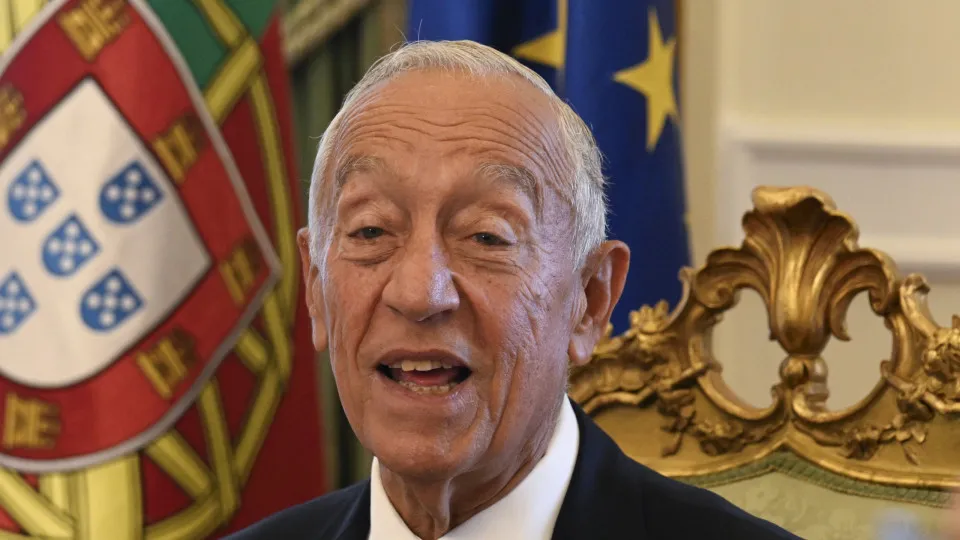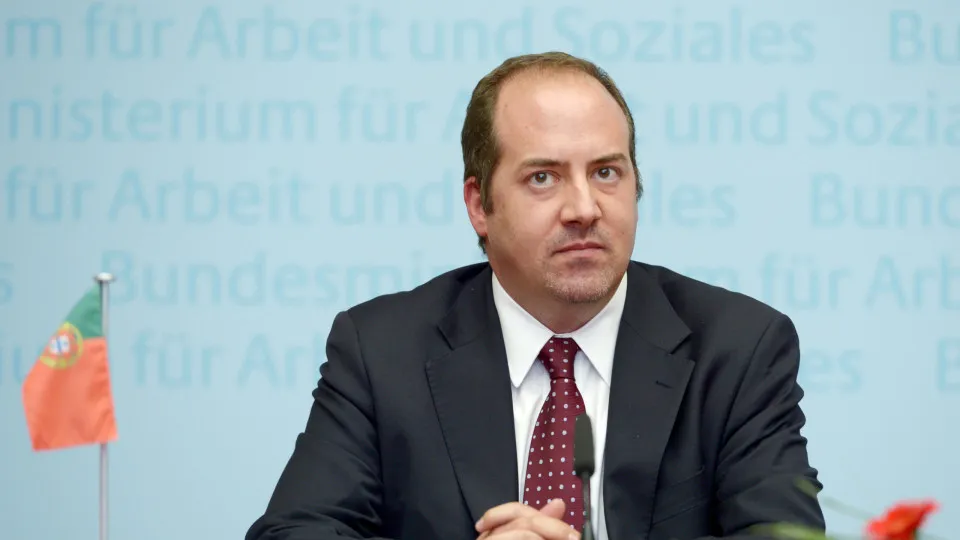
“The main issue is the lack of human resources, namely, doctors, nurses, psychologists, technicians, and several other professions,” emphasized the President of the Medical Association.
The National Health Service (SNS) was established in 1979 by law 56/79 of September 15, ensuring access to public healthcare for all citizens, regardless of their economic and social status.
More than four decades later, Carlos Cortes argues that the SNS is experiencing “one of the greatest crises” in its history, having failed to adapt to preventive medicine and new technologies in the health sector, as well as to a society that now “lives longer with illnesses, therefore, with more chronic patients.”
“We are fundamentally focused—obviously it’s important—on the curative part, on healing and treating diseases, but we do very little to prevent those diseases from happening,” warns the President.
“A hospital today operates as it did when the SNS was created in 1979,” further notes Carlos Cortes, suggesting that this public service is currently “a major urgency in the country,” making Portugal one of the countries with the highest consumption of such healthcare services.
The shortage of professionals, due to the SNS’s inability to attract and retain talent, is identified by the head of the Medical Association as one of the causes of the accessibility issues faced by patients.
There are nearly 55,000 actively registered doctors, but currently, only a little over 30,000 work in public health units, Carlos Cortes noted, adding that if measures that value careers and streamline hospital management models are implemented, doctors will choose to stay with SNS.
For the President of the Nurses Association, 46 years after its inception, the SNS “provides responses with many fragilities,” also resulting from instability in the sector’s reform implementations.
“In the last 10 years, we have had five Ministers of Health, and this instability really makes it difficult to implement any reform,” laments Luís Filipe Barreira.
In light of this, the President advocates for a “governing pact” among the main political parties that “can go beyond these often short political cycles” in Portugal.
Luís Filipe Barreira also notes it is “unthinkable” that the development and budget plans for ULS “have not yet been approved,” complicating the hiring of health professionals.
“At a time when Portugal is experiencing a severe shortage of nurses, and with nearly three thousand nurses having just graduated, there have been no openings for institutional positions, leading many to seek emigration,” he laments.
Luís Filipe Barreira points out that, according to a report from the ministry itself, the SNS needs an additional 14,000 nurses, with visits during professional practice showing that “some institutions and services operate with half the necessary number of nurses.”
Official data indicate that there are over 154,000 professionals working in the SNS—including 52,000 doctors and 32,000 doctors in training—about 20,000 more than five years ago.
Despite the increase in health professionals, some areas still lack sufficient staff for timely patient care, such as general and family medicine, where 1,516,528 patients did not have an assigned family doctor in August.
In addition, the provision of healthcare to users relies, in part, on extra work ensured by various professional classes, which required SNS units to spend 465 million euros on 17.9 million hours of overtime in 2024.
To address the lack of specialists in hospitals, there was a 3.6% increase in contracted physician hours over the past year, corresponding to an expenditure of almost 230 million euros, 11.7% more than in 2023.
According to the Public Finance Council, the SNS recorded a deficit of about 1.377 billion euros in 2024 and expenditures of 15.553 billion euros, a 9.1% increase compared to the previous year.
The SNS expenditure already accounts for 5.5% of the gross domestic product (GDP) and 12.8% of the country’s total public expenditure.
Despite the challenges it currently faces, the National Health Service “was not only a great achievement of democracy, but also a very important factor of social cohesion,” emphasizes Carlos Cortes.




